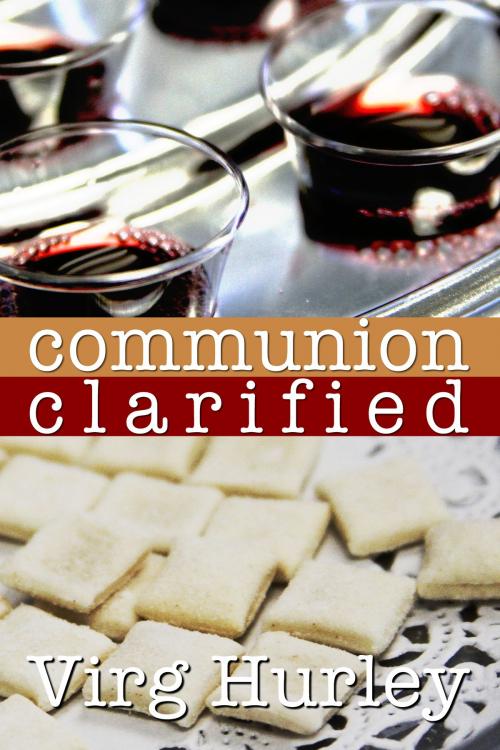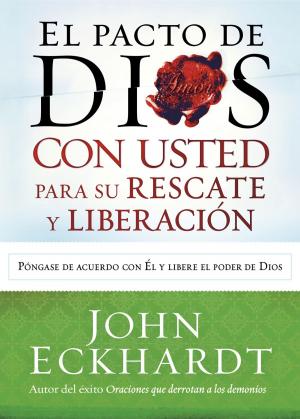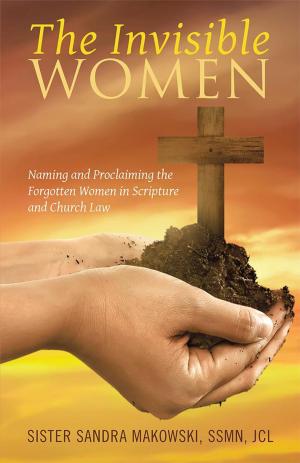| Author: | Virg Hurley | ISBN: | 9781311566348 |
| Publisher: | Virg Hurley | Publication: | May 7, 2015 |
| Imprint: | Smashwords Edition | Language: | English |
| Author: | Virg Hurley |
| ISBN: | 9781311566348 |
| Publisher: | Virg Hurley |
| Publication: | May 7, 2015 |
| Imprint: | Smashwords Edition |
| Language: | English |
The Lord’s Supper, Communion, The Holy Eucharist. By whatever name Christians call it, it’s at least a symbol of our ongoing faith in Jesus Christ’s sacrifice for our sins. It has through the centuries been celebrated and observed. It has also been offered by church leaders daily, weekly, monthly, or whenever they get around to acknowledging its existence as a church Ordinance.
Using I Corinthians 1:17-34 as a text, Communion Clarified teaches a single truth: the Corinthians could not partake of the Lord’s Table. It uses two proofs in support. Chapter 1, because of divisions in the body; Chapter 2, because their lack of preparation led to God’s judgment. Chapter 3 offers perspectives derived from the apostle’s teaching. These include: some church services still do more harm than good; the apostolic refusal to speculate about the Master’s Body and Blood; how easily church tradition can be equated with scriptural truth; how “unworthy manner” is badly misinterpreted, etc.
Also included is a meditation based on Christ’s statement, “until the Kingdom of God comes.”
The Lord’s Supper, Communion, The Holy Eucharist. By whatever name Christians call it, it’s at least a symbol of our ongoing faith in Jesus Christ’s sacrifice for our sins. It has through the centuries been celebrated and observed. It has also been offered by church leaders daily, weekly, monthly, or whenever they get around to acknowledging its existence as a church Ordinance.
Using I Corinthians 1:17-34 as a text, Communion Clarified teaches a single truth: the Corinthians could not partake of the Lord’s Table. It uses two proofs in support. Chapter 1, because of divisions in the body; Chapter 2, because their lack of preparation led to God’s judgment. Chapter 3 offers perspectives derived from the apostle’s teaching. These include: some church services still do more harm than good; the apostolic refusal to speculate about the Master’s Body and Blood; how easily church tradition can be equated with scriptural truth; how “unworthy manner” is badly misinterpreted, etc.
Also included is a meditation based on Christ’s statement, “until the Kingdom of God comes.”















